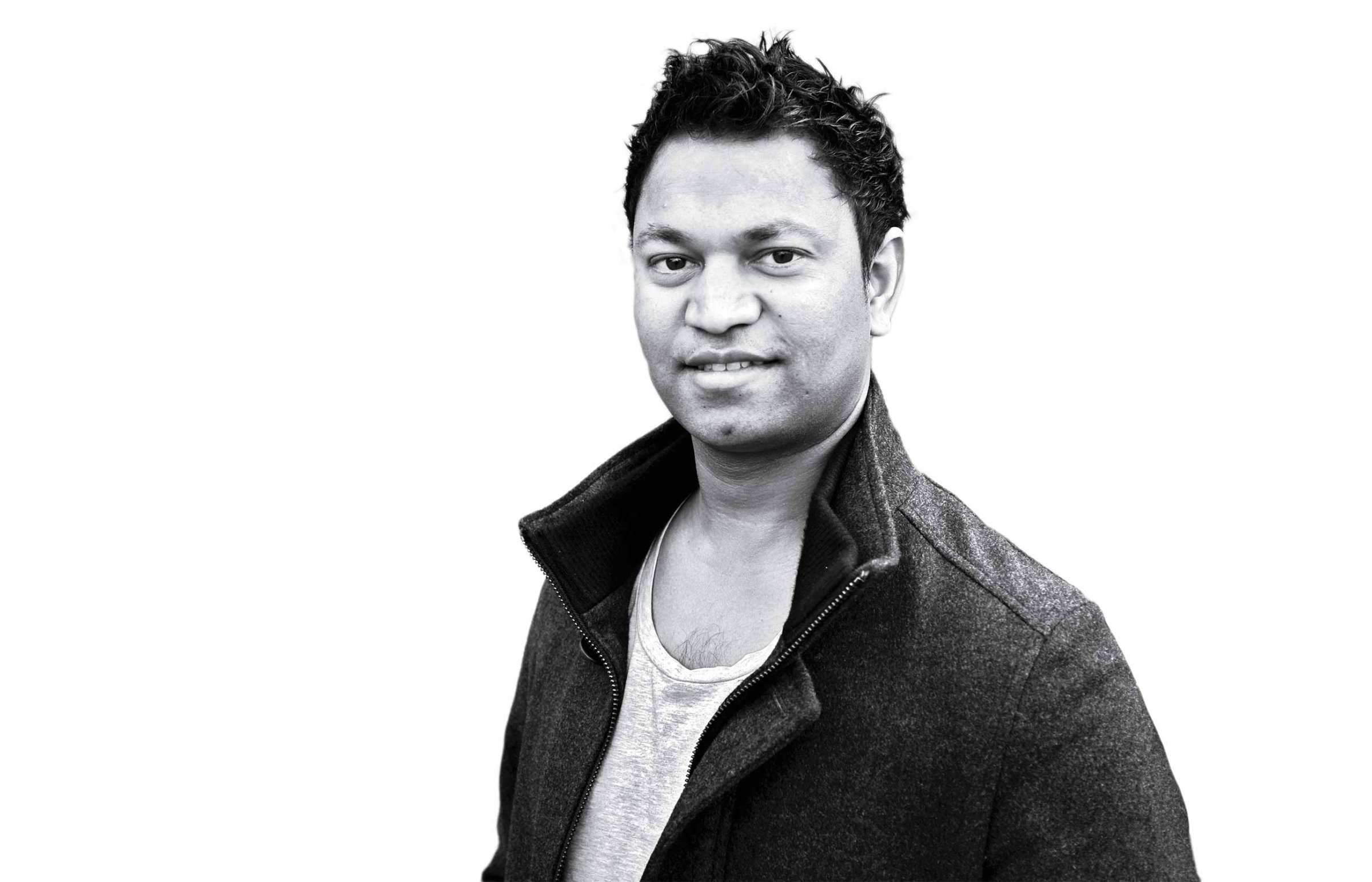
How does a 5-year-old boy from a rural Indian town end up alone in Kolkata [then known as Calcutta], 1,680 km away?
We were a very poor family. My mother couldn’t really feed us or look after us. I caught a train late one night with my [older] brother. When we got off the train I was really tired, and my brother said, “Stay here for a few minutes” and went to look for food. But when I woke up, I couldn’t find him anywhere, and on impulse I jumped on the train standing in front of me and went to sleep there, hoping that he would come along. I ended up in Kolkata.
How did you survive there?
I just survived a day at a time, begging. I found food and nuts on the ground, food in the rubbish. Lots of nuts.
When you got to an orphanage three weeks later, why didn’t its staff find your family?
My vocabulary was very small. I only knew about eight words, never went to school. I didn’t know my last name or the train station I came from. The orphanage put my picture in the paper, but they were advertising in the wrong place.
You were adopted by a family in Tasmania, Australia. Was that a culture shock?
After I got on that train, life was just changing all the time, from the train to becoming lost to almost dying in the Ganges to going to jail after I was taken off the streets to going to an orphanage. Australia was just another change.
How did you start looking for your original home?
I did what I had actually tried to do when I was a young kid: catch a train back from Kolkata, but using the web and Google Earth to follow all the railroad tracks out of Kolkata, from a bird’s-eye view.
So you just looked along the train tracks for landmarks that triggered your memory?
I had a very good memory of the train station. But it was like looking for a needle in a haystack. I had to see a water tower and a bridge, then past the train station a ravine. I started looking in about 2006. From 2010, I was quite obsessive about it–maybe 30 hours a week. When I finally found it in 2011, I didn’t want to get excited because I wanted to check that it was real.
How did your adopted family feel about you spending this much time on the search?
They didn’t know. They thought I was just mucking around.
What happened when you visited your old house?
I saw the door shut and a chain around it, and I thought the worst, that my family had died. Then some people came out, and one sort of understood English. I had a picture of myself as a kid. He just said, “Now I’ll take you to your mother.” She lived about 50 yards away. When I saw her, time stood still. Air didn’t taste like air. Some mix of chemicals between us was going absolutely crazy.
I imagine you had a lot of questions for each other.
I can’t speak Hindi, so it was really hard. The first thing she said was something like “Come here. Let me hug you.” My first real question for her was “Did you look for me?” And she did, she looked for ages and ages. She never thought of going all the way to Kolkata. She didn’t want to move away from the neighborhood because she was hoping I would come back one day.
What happened to your older brother?
I found out he died a week after I disappeared. He was killed from the impact of a train hitting him or someone pushing him off a train.
Your book, A Long Way Home, is being made into a movie. Are you going to go all Hollywood now?
I’m 33. If I wanted to do that, I don’t think I’d be here in Tasmania, expanding the family business in industrial hosing. There might be a cameo. Who knows, maybe my role will just be on the side, drinking a latte with some biscotti.
–BELINDA LUSCOMBE
More Must-Reads from TIME
- Cybersecurity Experts Are Sounding the Alarm on DOGE
- Meet the 2025 Women of the Year
- The Harsh Truth About Disability Inclusion
- Why Do More Young Adults Have Cancer?
- Colman Domingo Leads With Radical Love
- How to Get Better at Doing Things Alone
- Michelle Zauner Stares Down the Darkness
Contact us at letters@time.com